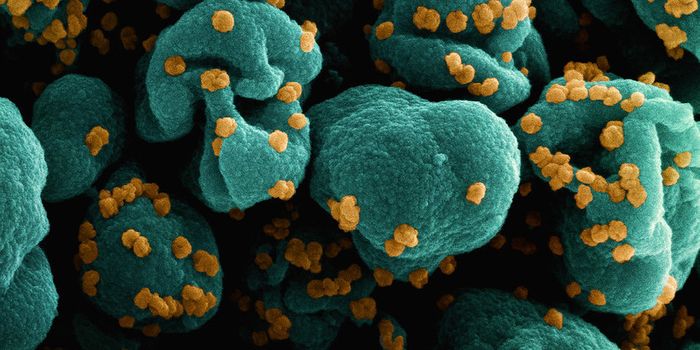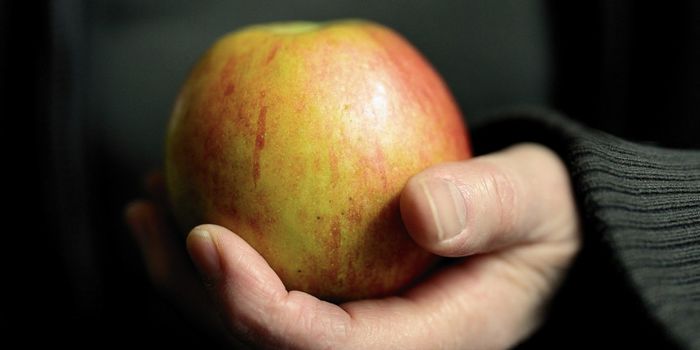Glycans are complex sugars that perform a wide array of biological functions. They can be found modifying many different proteins, and they help determine the function of those proteins. Studies have shown that the characteristics of glycans change when inflammation or diseases, including cancer arises. The significance of glycans is increasingly being recognized, and a new study has suggested that the presence of cancer could be revealed by analyzing the glycans in saliva samples.
In this study, the researchers have outlined a method for differentiating between glycan structures, which could potentially be used to identify specific types of diseases in the future. The work has been published in Cell Reports Methods.
In this study, the investigators used artificial intelligence (AI) to assess substructures within glycans, and find biomarkers of disease. Typically, researchers use mass spectrometry to analyze glycans, and statistics to decipher the results. This can sometimes show whether the levels of certain types of glycans are higher or lower than others in cancer patients. However, the method is not reliable because the test is usually not sensitive enough to distinguish between sugars that have similar structures. The study authors suggested that this new approach has taken these issues into consideration, and it has been able to find the right patterns.
"We have analyzed data from about 220 patients with eleven differently diagnosed cancers and have identified differences in the substructure of the glycan depending on the type of cancer. By letting our newly developed method, enhanced by AI, work through large amounts of data, we were able to find these connections," said lead study author Daniel Bojar, an associate senior lecturer in bioinformatics at the University of Gothenburg.
"We can rely on our results; they are statistically significant," said Bojar. "Now we will take these biomarkers and develop test methods."
The team is aiming to create a quick and reliable test that can reveal the presence and type of cancer with saliva or blood samples. "I think we might be able to perform clinical tests on human samples in four to five years," Bojar added. This type of test could enable clinicians to identify developing cancer sooner and apply more effective treatments.
Sources: University of Gothenburg, Cell Reports Methods









